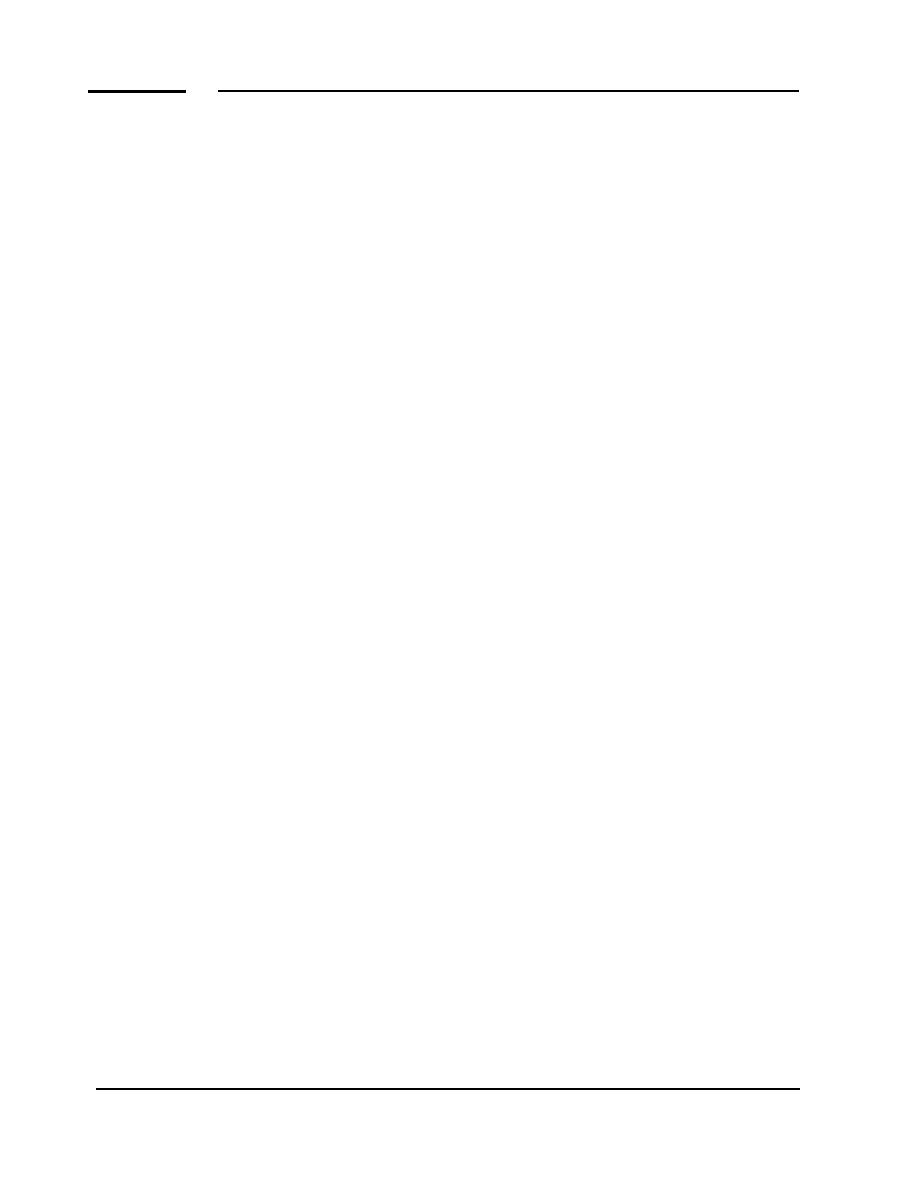
Edward L. Rowny
Vance said he was quite impressed with what he had seen of the Howze Board tests
and said he was thinking about sending some helicopters to Vietnam to act in a
counterinsurgency role. You will recall that this was still 1962 and the U.S. role
in Vietnam was limited to providing advice and logistical support to the
Vietnamese. He asked me to describe to him in detail how I thought helicopters
could be used in Vietnam. For the next two hours I did so. I told him that
helicopters could be used for command and control purposes, that is, ferrying
commanders about the battlefield where they could meet face-to-face with
subordinates, explain orders to them, and see how they were doing. Helicopters
could also be used to pick up wounded, much as they did in Korea in bringing the
wounded soldiers back to MASH hospitals. I told Vance what he already knew
about the great value of getting wounded rapidly to places where they could be
operated on and given blood transfusions. Before Korea, 90 percent of all soldiers
with head and belly wounds died. During Korea, 90 percent of all such casualties
survived. Helicopters could also be used to ferry critically needed supplies of
ammunition, radios, and f ood to units needing them. But the greatest use of
helicopters, I thought, was to arm them with rockets and machine guns so they
could perform armed reconnaissance and offer highly discriminating fire power to
troops in rounding up or fighting guerrillas. I told Vance I hoped he would assign
some helicopters to me in Korea where I could experiment further along the lines
of the Howze Board tests.
Vance thanked me and asked me who I thought should be put in charge of taking
armed helicopters to Vietnam. I said that any one of a number of officers on the
Howze Board could do the job and gave him the name of one officer I thought was
particularly qualified. I left the meeting quite pleased, especially at the thought of
getting some helicopters to experiment with in Korea.
On Tuesday morning Vance's limousine showed up again, asking if I would come
have breakfast with him. By this time my wife was becoming more than a little
annoyed. Our furniture had arrived and she was left by herself to tell the movers
where to place it and also to mind our four children. Time was running short since
I was due to leave for Korea on Wednesday.
Vance told me that the general I had recommended did not want to leave his family
and had been asked to resign. He said he had talked to Senator Henry `Scoop"
Jackson and the chief of staff of the Army and had decided that I was the one who
should take the helicopters to Vietnam. He told me to draft up a charter and tell
him who I wanted for my staff. The idea was that I would assemble about 25
Army officers-and a few Navy and Air Force officers to act as liaison-and about
25 scientists from think tanks working for the Army. I would, he said, take armed
helicopters to Vietnam and experiment with ways to use them to fight
counterinsurgency operations. The officers and scientists would help me devise
77



 Previous Page
Previous Page
